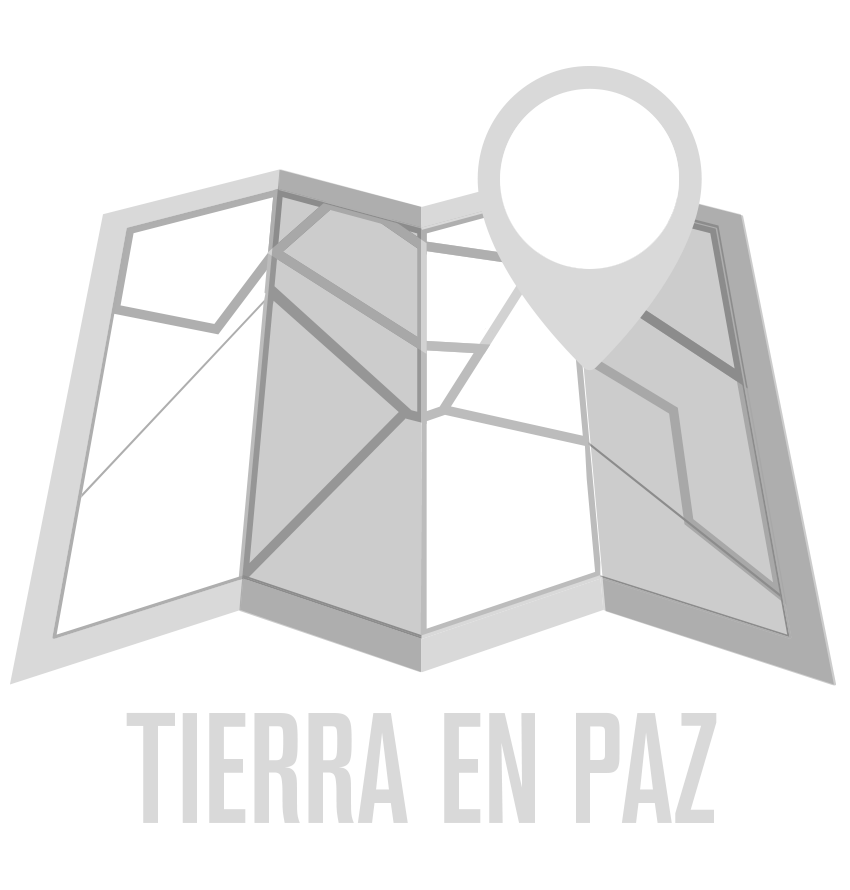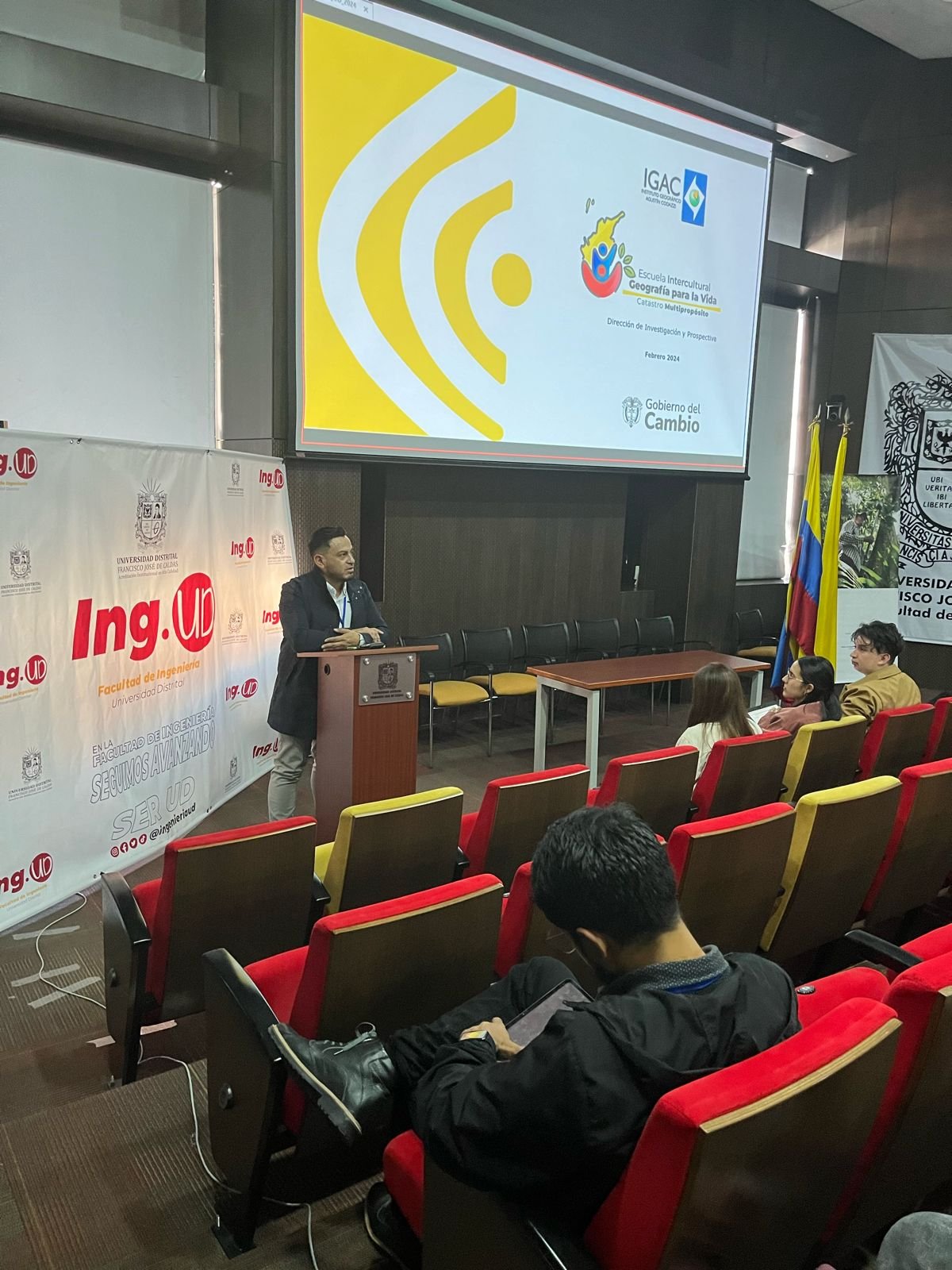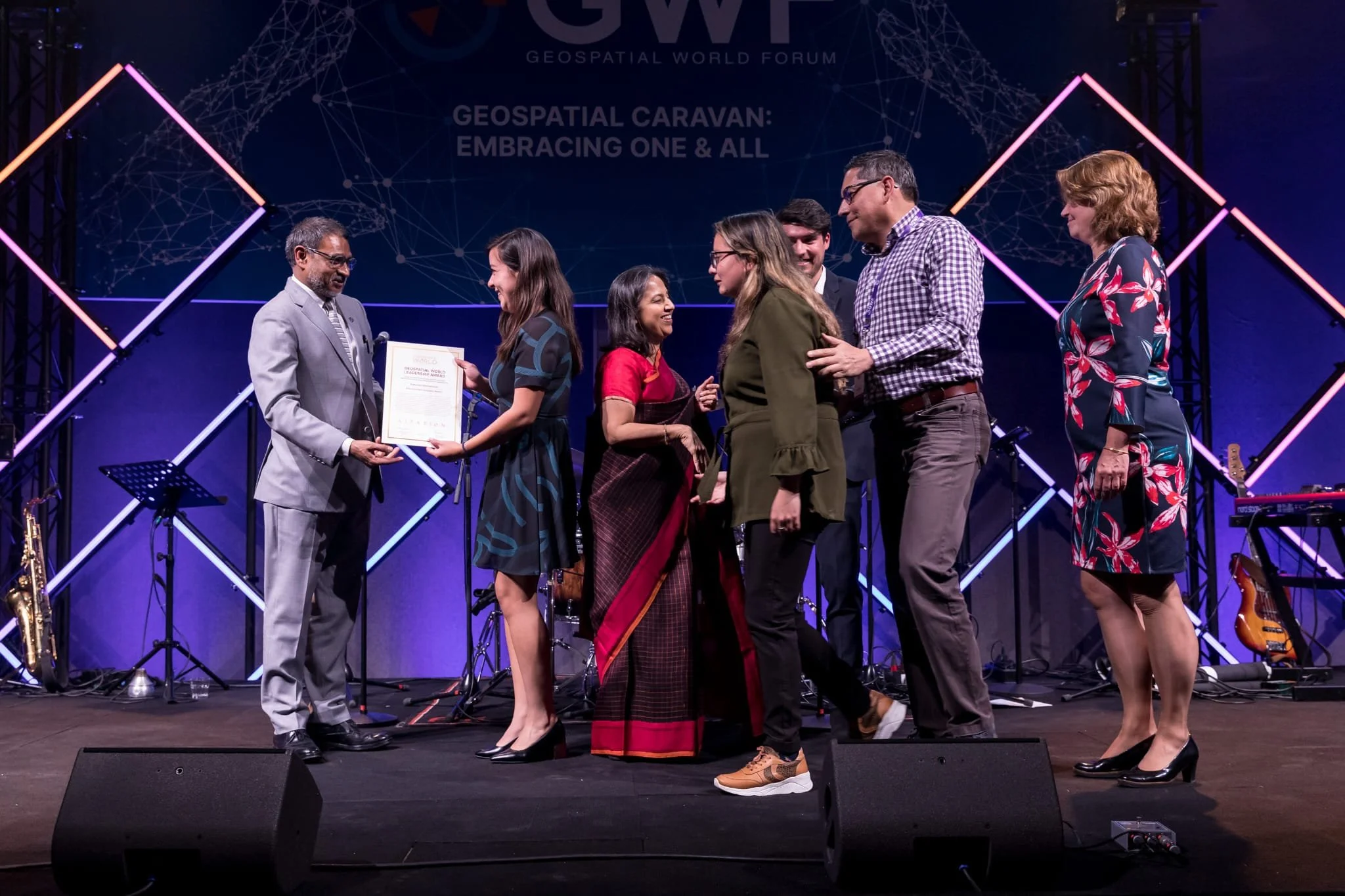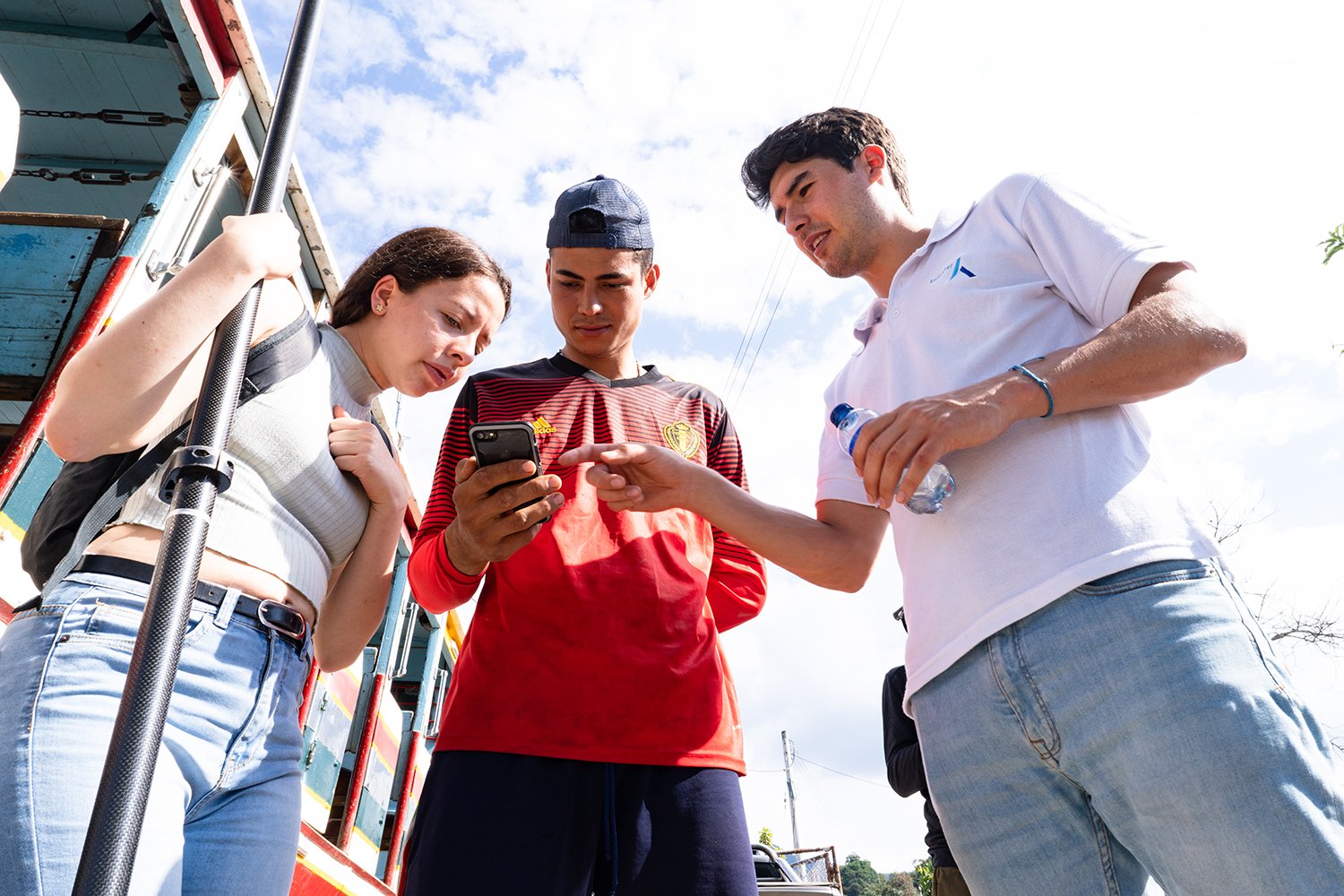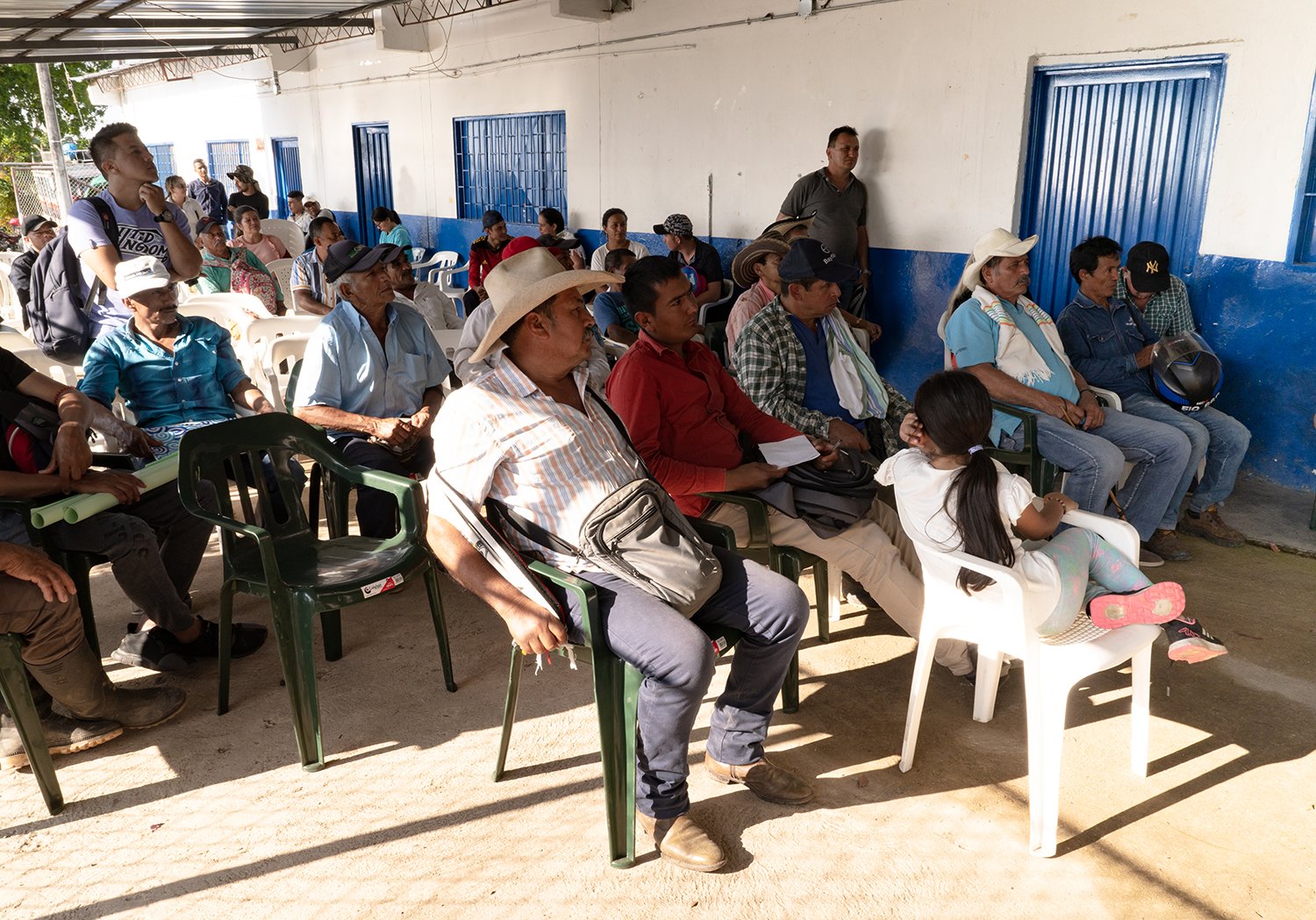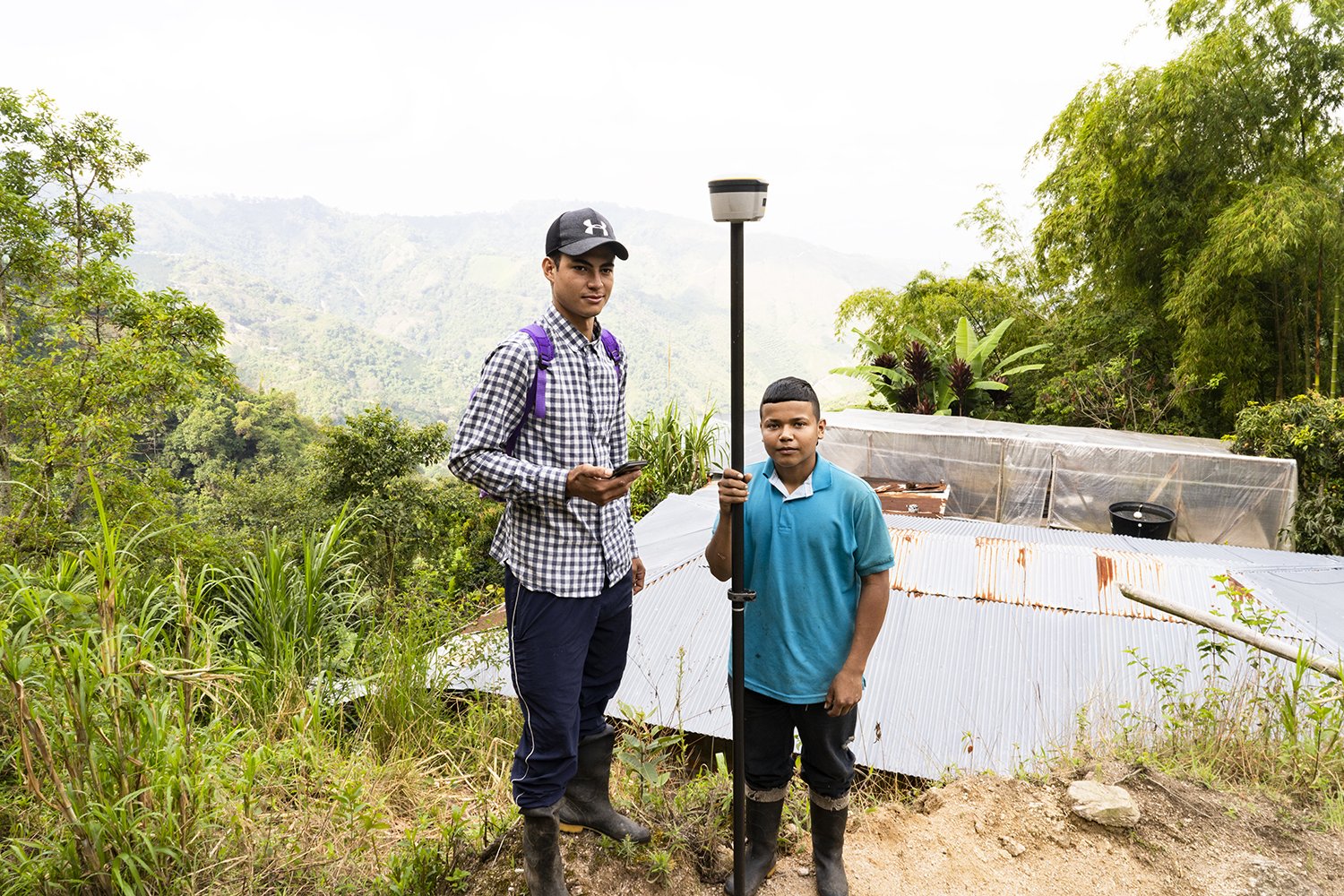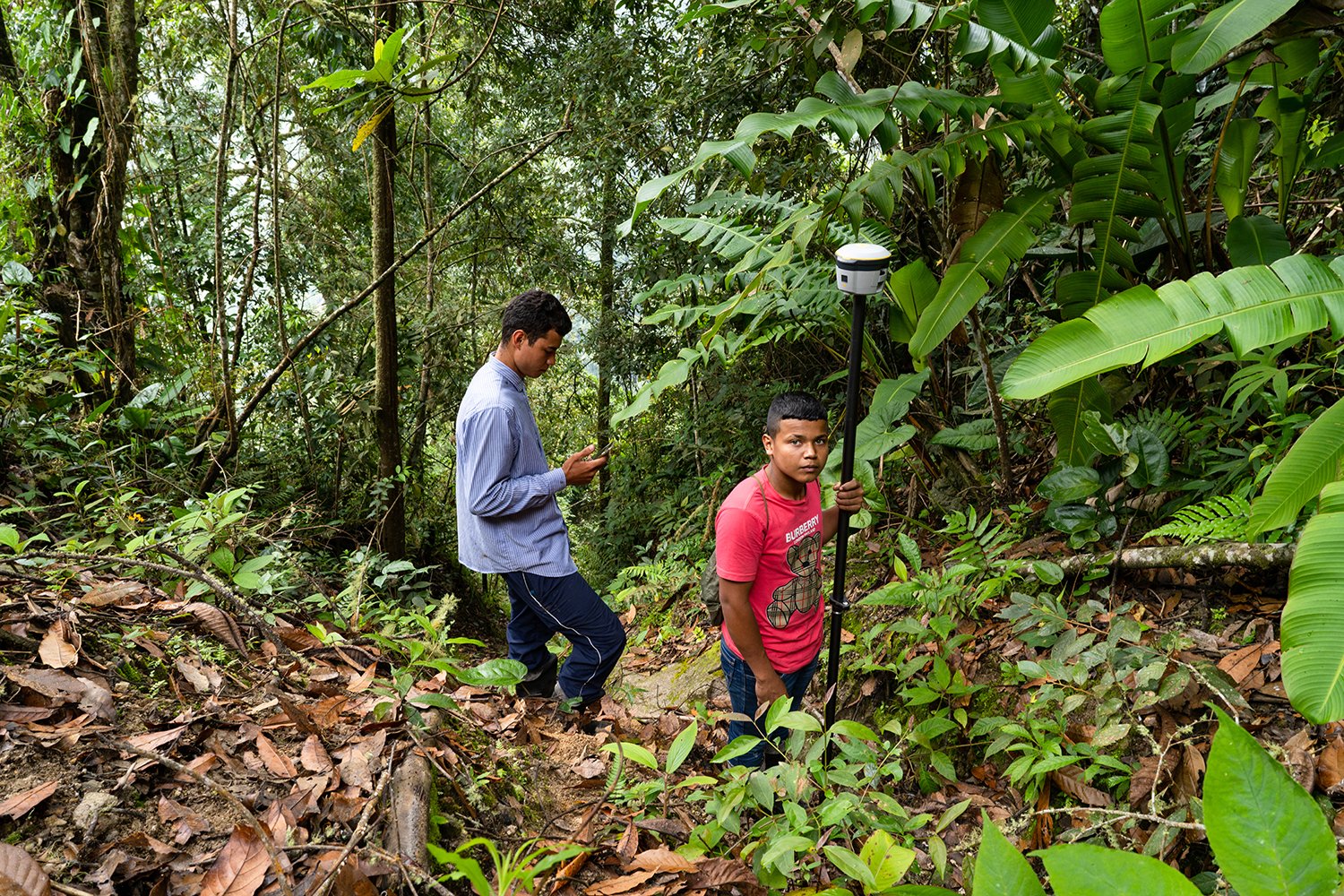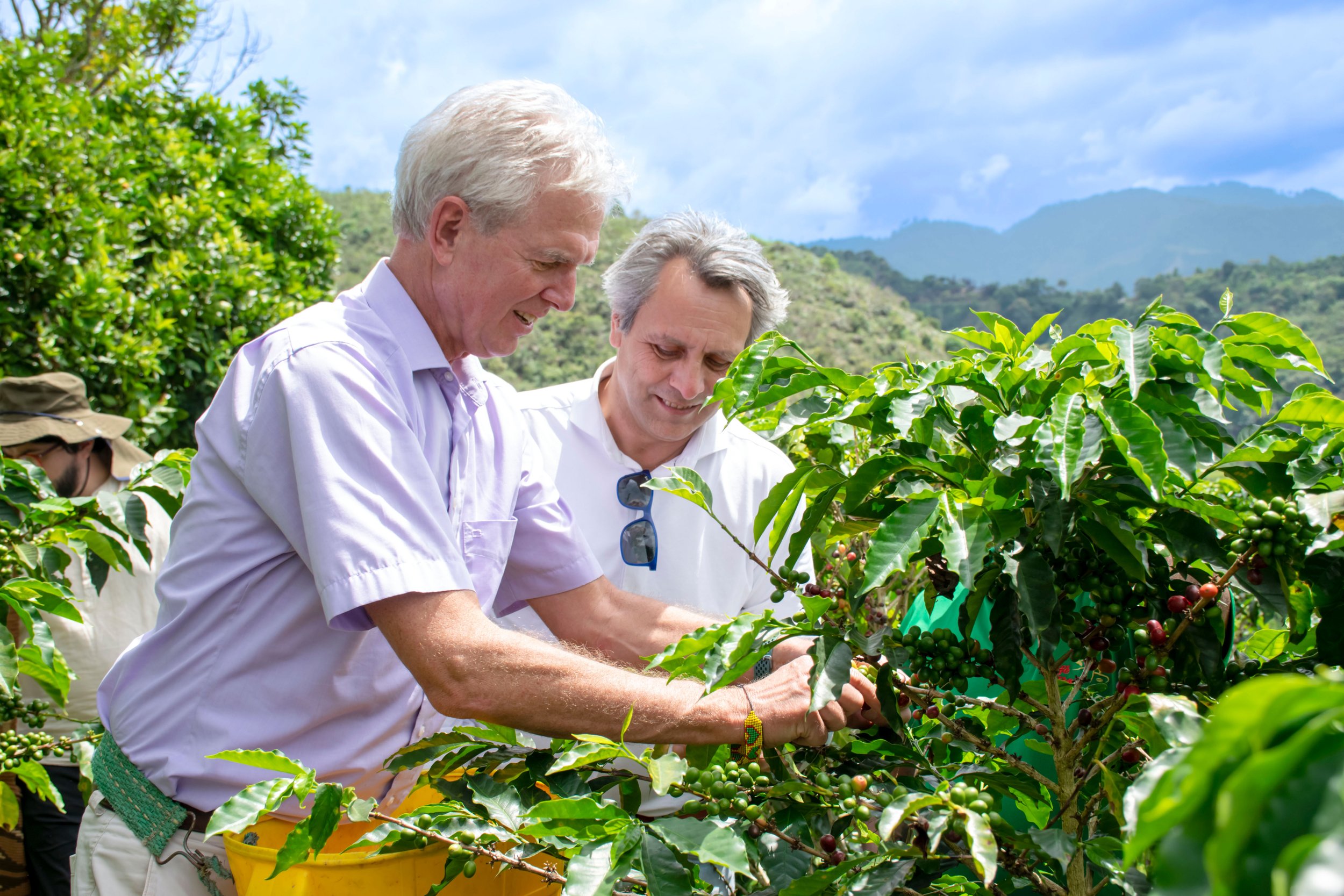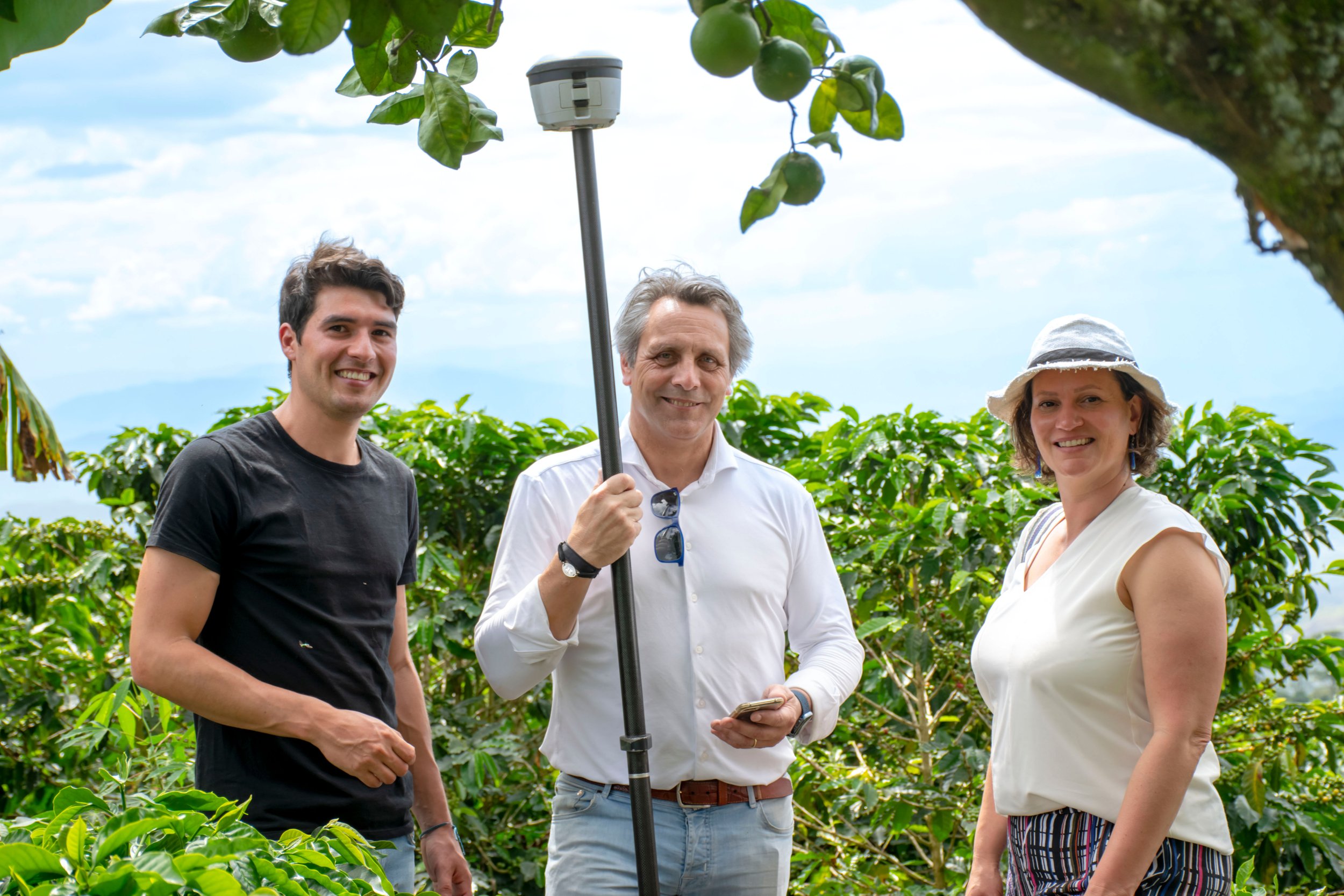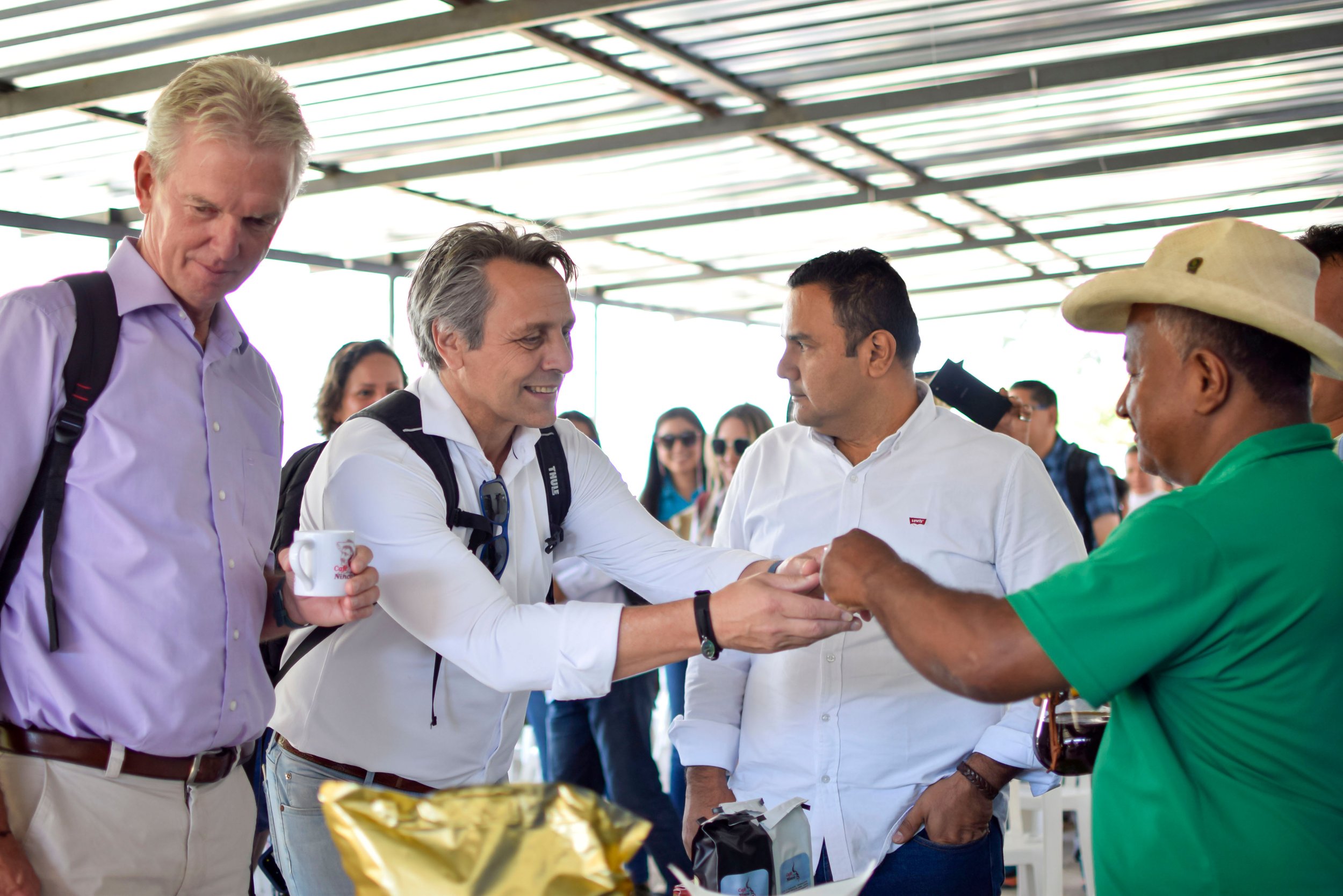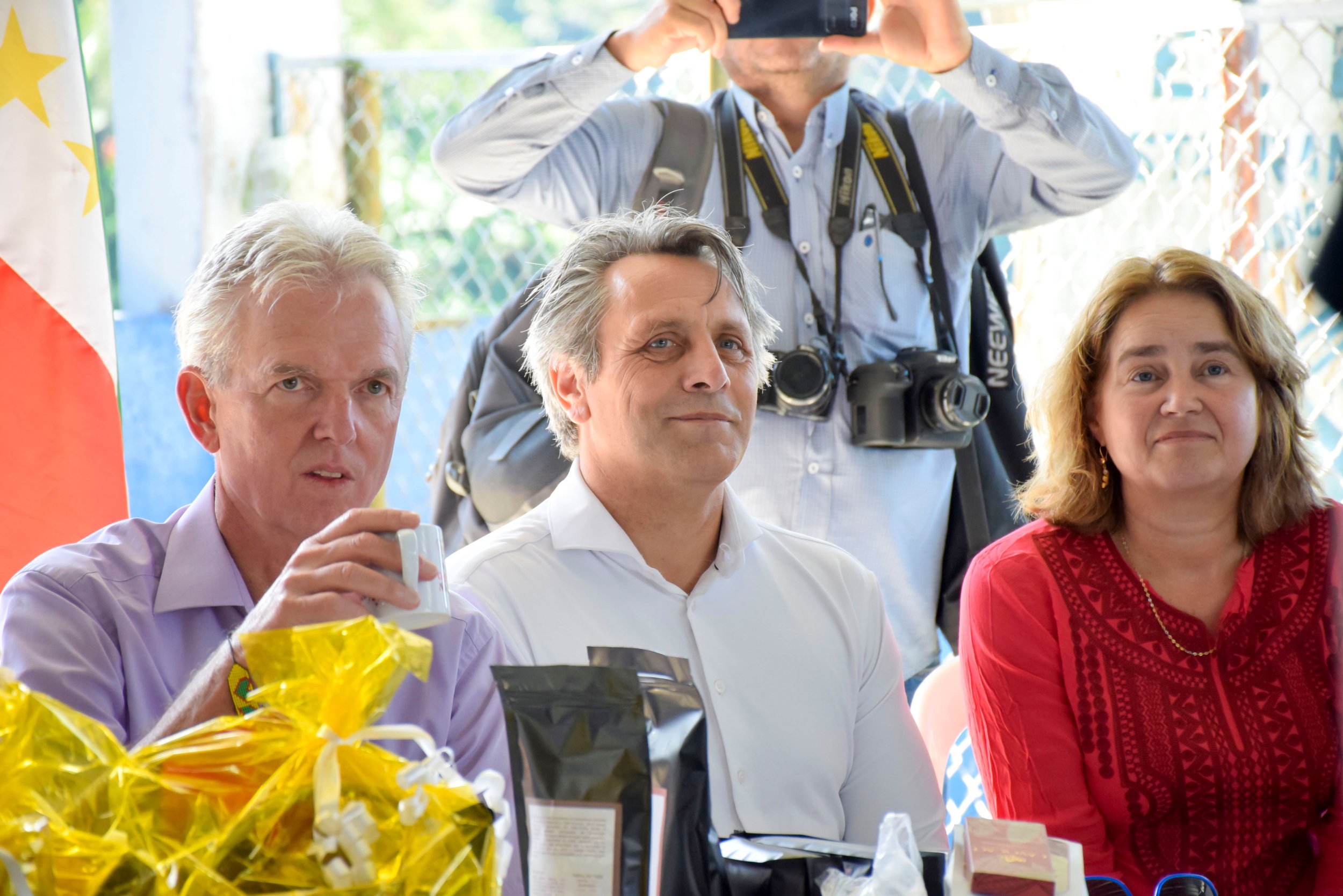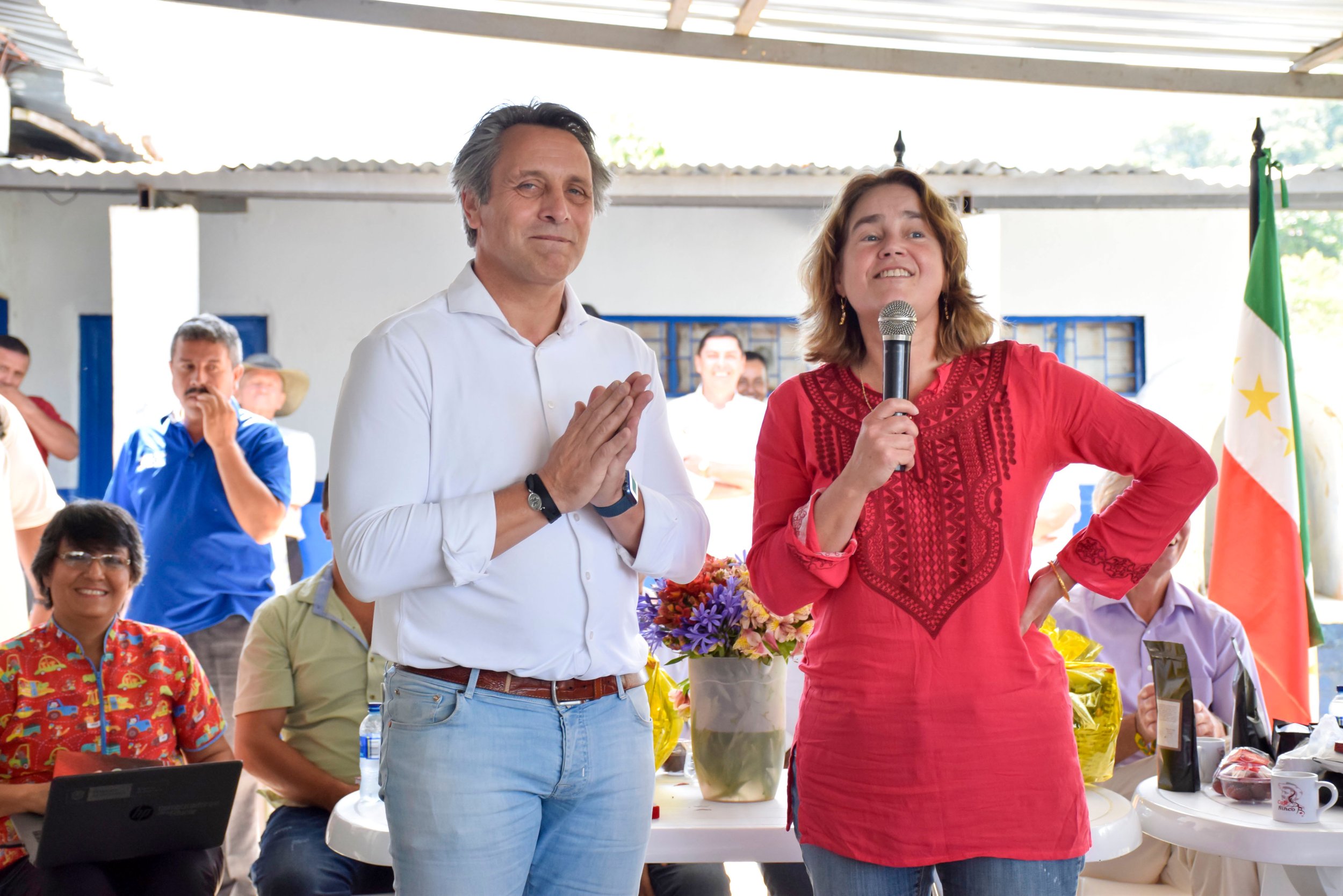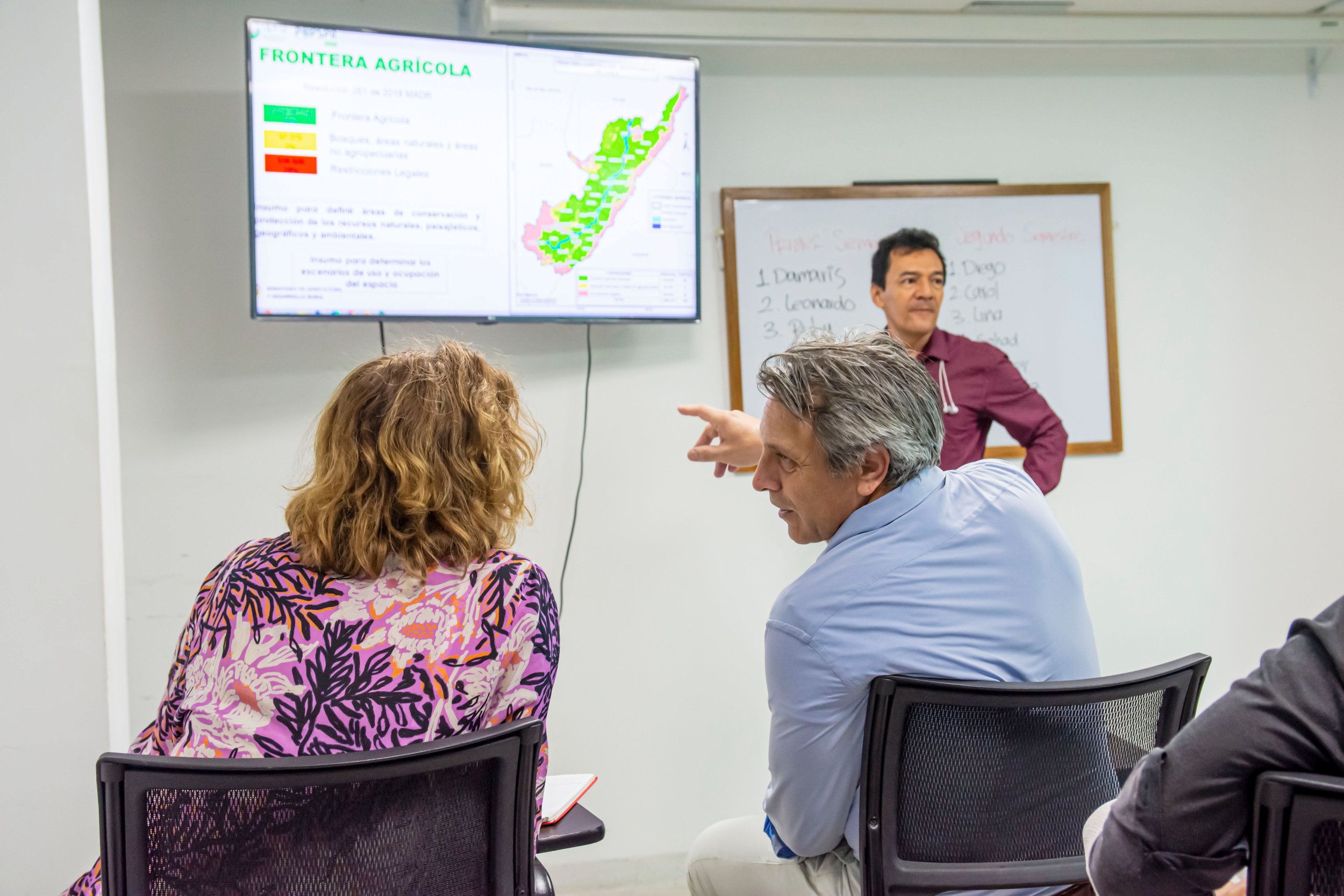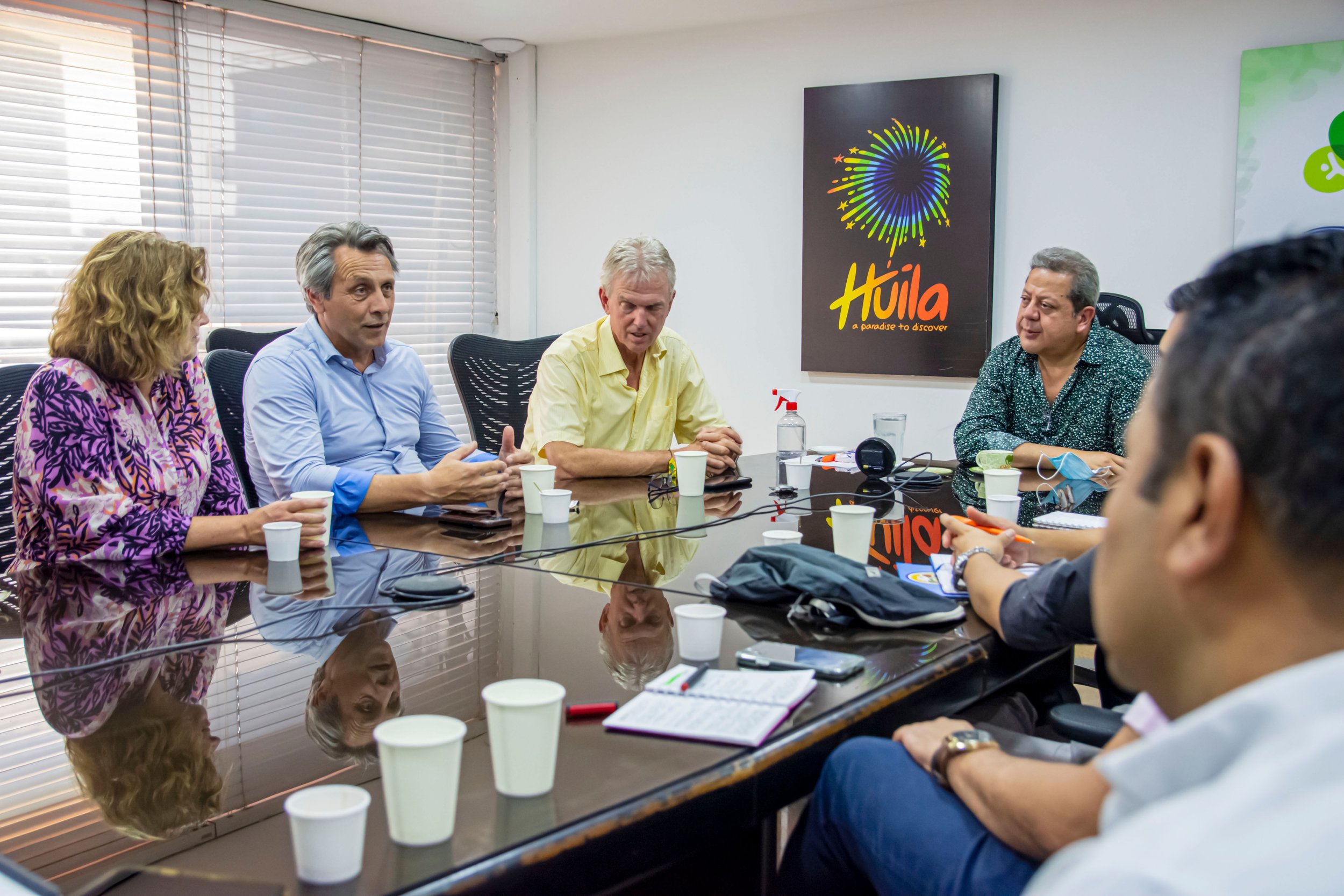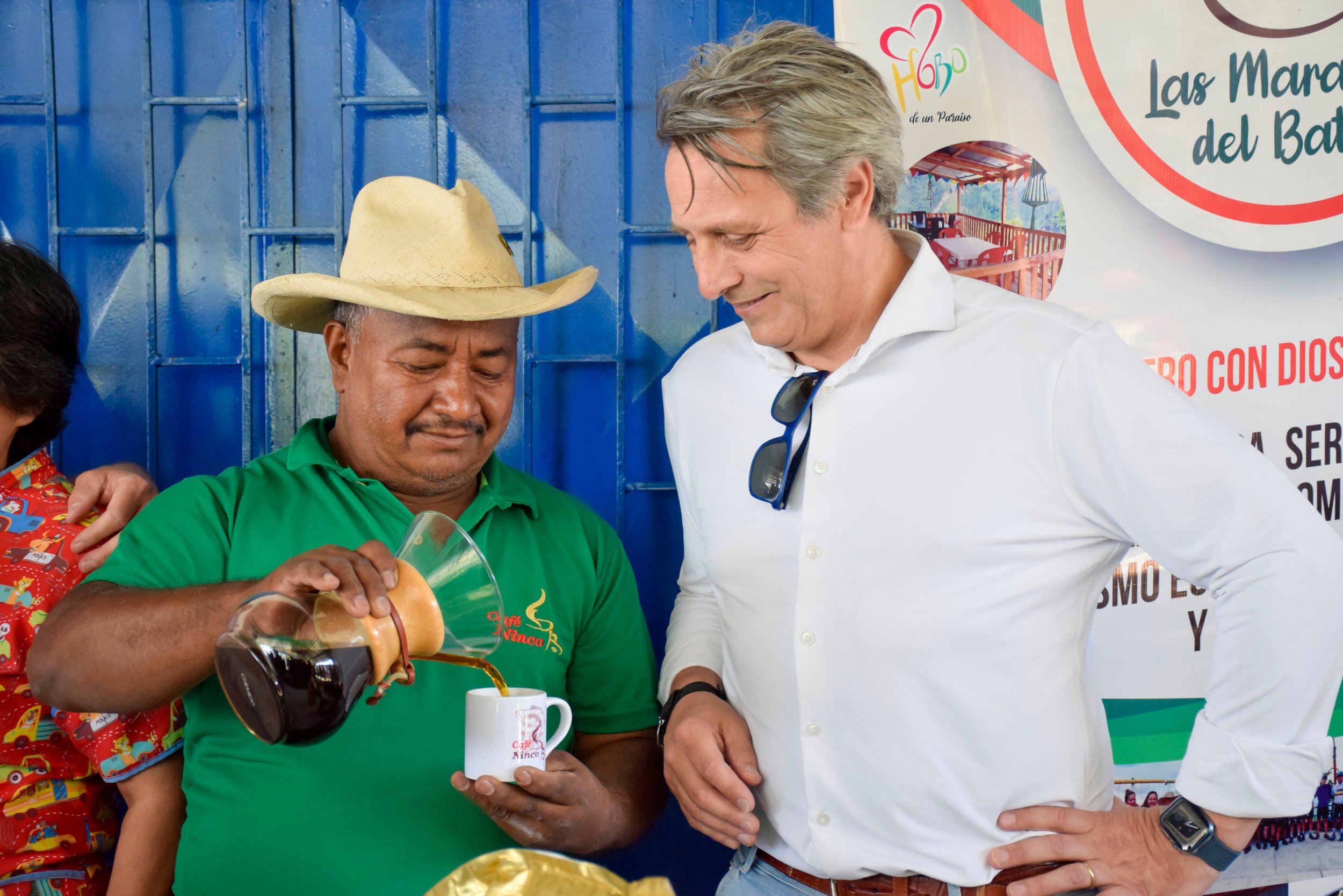At the closing event of the Kadaster’s project Tierra en Paz, organized by the Universidad Distrital Francisco José de Caldas from the NIDE research group, different cadastral institutions shared their ideas on the challenges of land administration in Colombia and the benefits of the #FitforPurpose methodology.
The importance of participation, the place of new technologies, and the need for legal flexibility for the implementation of the methodology were some of the conclusions. Bringing together actors from different contexts to talk about a common methodology focused on citizen contexts was one of the achievements recognized during the day.
Mathilde Molendijk, Kadaster's Regional Manager for Latin America projects, welcomed the event together with Alvaro Ortiz, Director of the NIDE research group, focusing on the importance of remembering that the target of the measurements is the citizens and their needs. They also emphasized the opportunities that new methodologies can bring for the fulfillment of the peace agreement in Colombia.
The event was divided into three approaches with different representatives: governmental, academic, and cooperation agencies. From the land institutions, representatives of the Geographical Institute Agustín Codazzi, IGAC; the National Land Agency, ANT; the National Planning Department, DNP, and the National Administrative Department of Statistics, DANE, presented the possibilities of applying the Ffp methodology in their respective fields of action.
After the interventions, a panel was held to highlight some of the strengths of the Ffp methodology for the execution of the Multipurpose Cadastre, such as the participation and knowledge of the communities, cost efficiency, and flexibility. The challenges discussed were the empowerment of communities and the importance of social rigor in legal security.
To open the academic approach, students from the NIDE group, who have participated in pilots of the Tierra en Paz project, shared their analysis and experiences regarding the challenges of future professionals. Afterward, professors and researchers from Universidad Externado, Universidad Distrital, and the University of Twente spoke about the role of academia in the formation of professionals with critical thinking, curiosity and innovation. They also discussed the challenge faced by these institutions to generate synergy between the needs of society and the labor sector.
The event closed with a panel with representatives of the Tierra en paz project, Swiss Tierras and the World Bank in which they discussed the possibilities of using the Ffp methodology in different types of projects.
The project and the methodology have contributed from different fronts and impacted the traditional processes from their social, technological and participatory components. Many challenges and opportunities remain for helping to fulfill the citizen's needs and the goals of the Colombian government.
